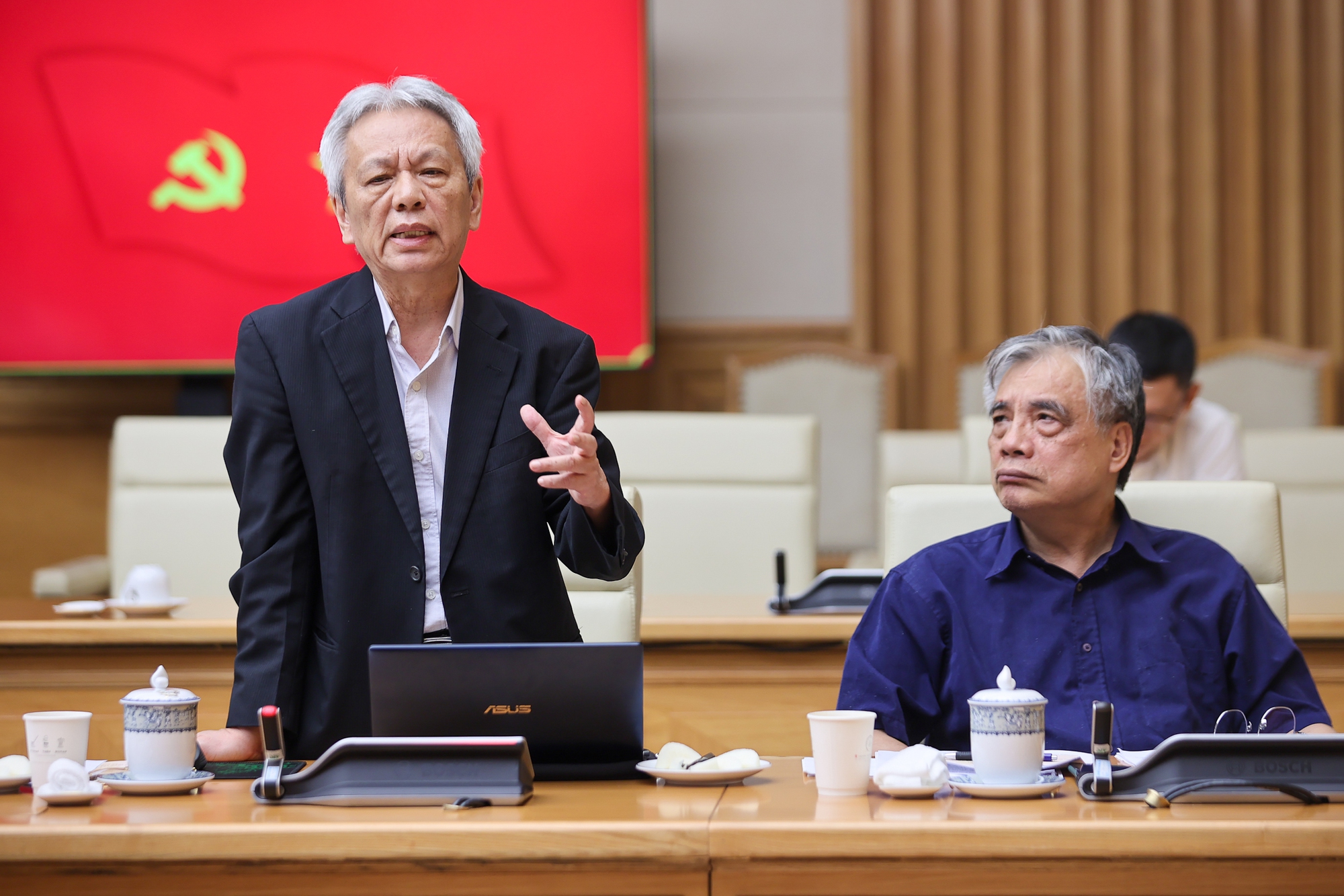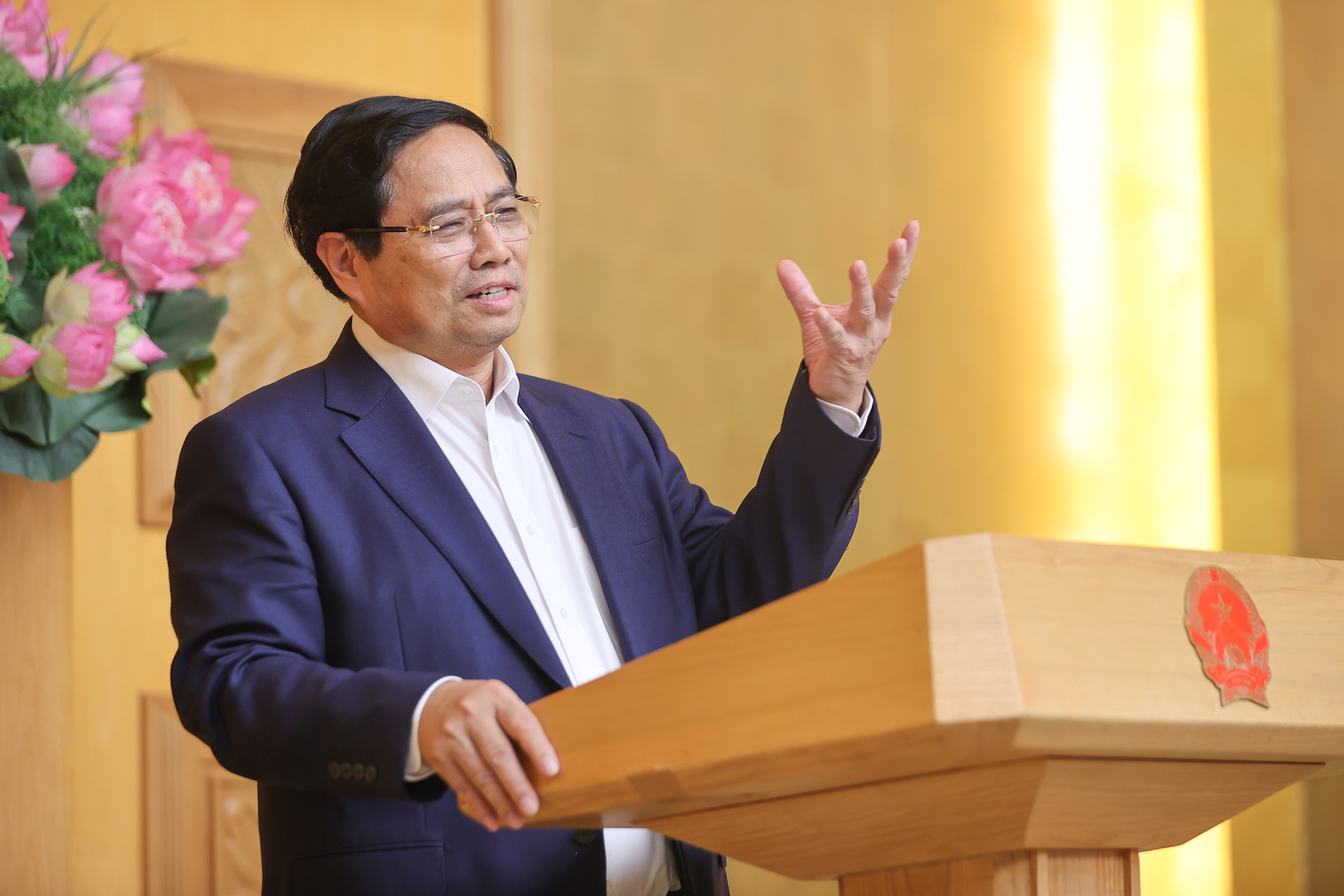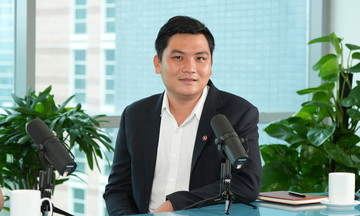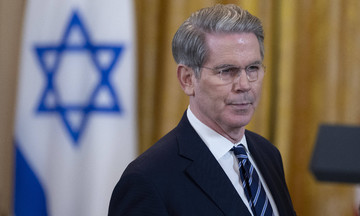This assessment was made during a meeting between the Policy Advisory Council and Prime Minister Pham Minh Chinh on the afternoon of 7/9. Composed of 13 members, including economic experts and business leaders, the council provides research, consultation, and recommendations to the prime minister on socio-economic development.
According to the council, the 8.3-8.5% growth target for 2025 and double-digit growth for the 2026-2030 period are appropriate when compared to several economies during their periods of miraculous development, such as Japan, South Korea, mainland China, and Taiwan.
 |
Dr. Nguyen Si Dung (standing) and Assoc. Prof. Dr. Tran Dinh Thien, members of the Policy Advisory Council, at the meeting on the afternoon of 7/9. Photo: VGP |
Dr. Nguyen Si Dung (standing) and Assoc. Prof. Dr. Tran Dinh Thien, members of the Policy Advisory Council, at the meeting on the afternoon of 7/9. Photo: VGP
For this year, the council assesses that the macroeconomic situation is generally stable. Credit growth is in line with the growth rate, capital flow is generally focused on production and business, and the public debt-to-GDP ratio is within a safe threshold.
New growth drivers, thanks to institutional reforms, combating waste, improving the business environment, increasing spending on research and development, green and digital transformation, and breakthroughs in science and technology, could add 1-1.5 percentage points to GDP growth.
However, the Policy Advisory Council noted that some areas, such as exchange rates, gold prices, securities, and real estate, require greater attention. Therefore, the government needs to maintain a growth-oriented approach while controlling risks, paying attention to the quality of growth, and ensuring macroeconomic stability.
 |
Prime Minister Pham Minh Chinh speaking at the meeting. Photo: VGP |
Prime Minister Pham Minh Chinh speaking at the meeting. Photo: VGP
The prime minister acknowledged that the GDP growth target of 8.3-8.5% for this year and double digits for the next period is a challenging task, but one that must be undertaken. Therefore, it's necessary to expand fiscal policy, operate monetary policy flexibly, and commit to disbursing 100% of public investment capital. At the same time, the government needs to focus on resolving backlogged projects and developing appropriate tax policies.
Regarding tariff challenges from the US, the prime minister agreed on the need to diversify markets, restructure exports, and improve product quality towards green and digitalized, circular approaches. Simultaneously, it's crucial to promote domestic production, reduce costs, enhance competitiveness, boost trade promotion, and connect supply and demand.
Concerning exchange rates, the prime minister emphasized the need to maintain stable interest rates and increase exports of goods and services. Regarding gold market management, the government has directed the State Bank to increase supply to balance supply and demand, but not to allow exploitation of the policy. At the same time, it's important to prevent speculation and smuggling.
Appreciating the council's opinions on real estate, the prime minister stated that it is a growth driver, but it has not yet met expectations. For sustainable development of this market, it's necessary to continue to have comprehensive solutions regarding supply and demand, finance, and land. At the same time, legal issues need to be addressed, preferential policies should continue to be developed, administrative procedures should be streamlined, and the supply of social housing should be promoted.
Dy Tung












